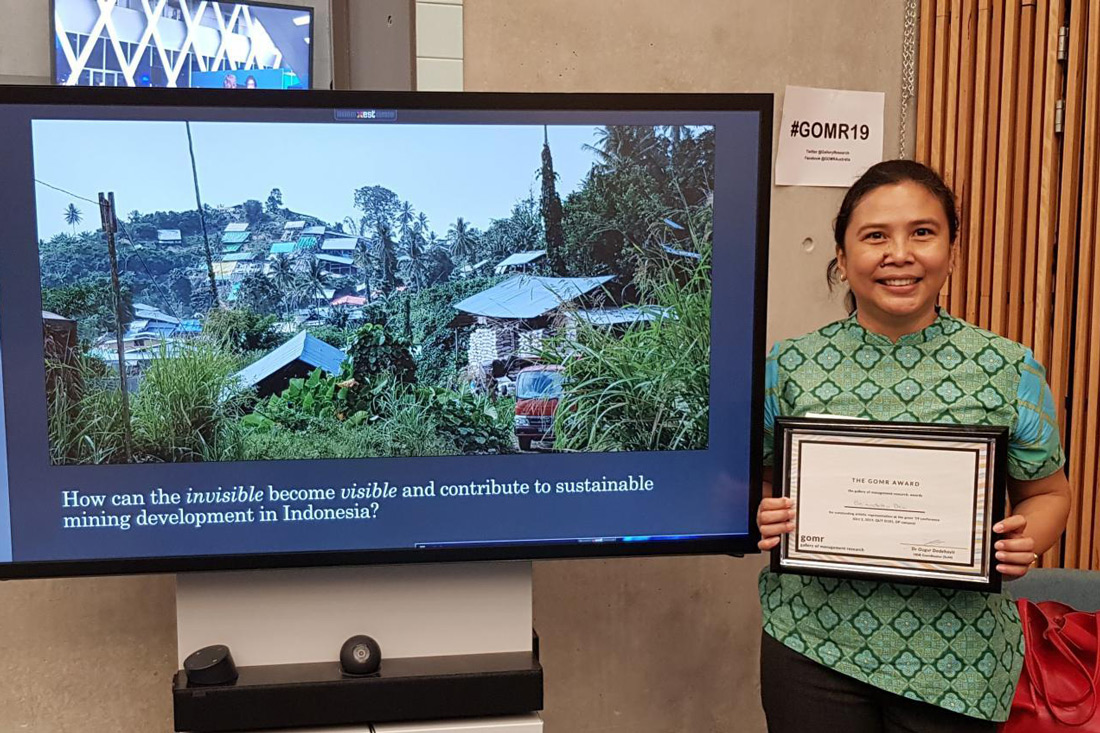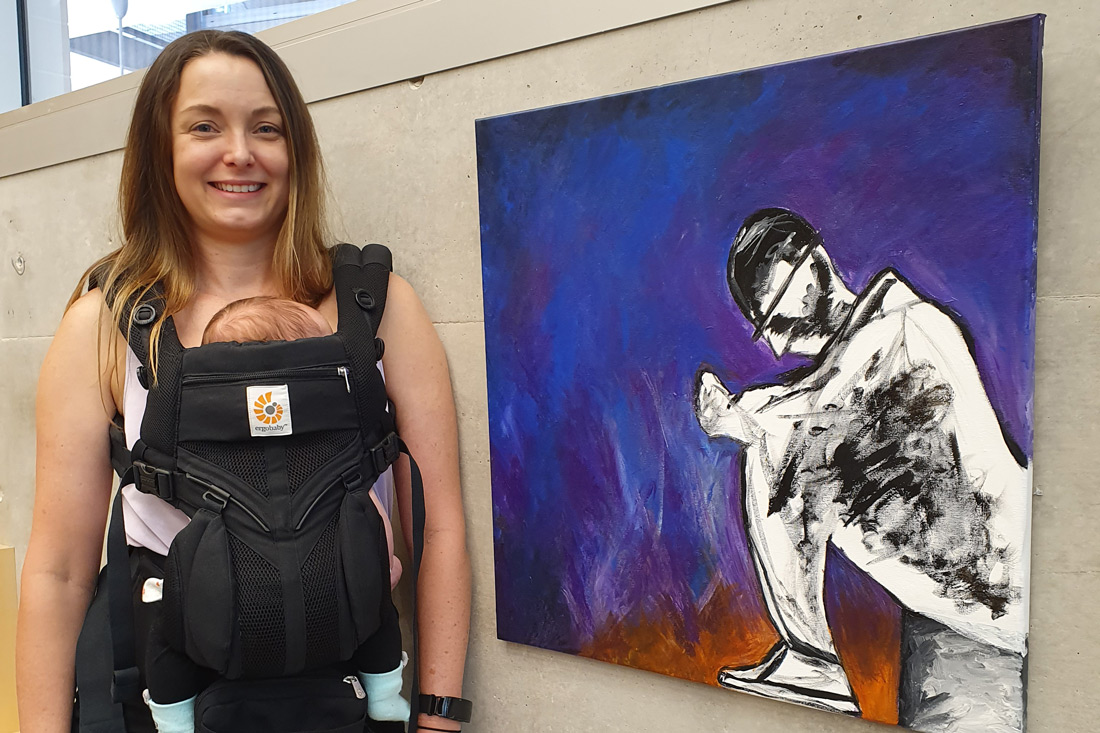
Vibhor Pandey, Dr Ozgur Dedehayir, 1 October, 2020
Using creativity as a vehicle to increase your impact
Our social and economic growth comes from new ideas. It will not be an overstatement if we conclude that creativity generates wealth. There were specific periods throughout history, such as ancient Athens, Renaissance Florence, Elizabethan England, where we not only had one genius—we had this sudden cluster of intellectuals. It wasn’t random. There are several plausible reasons for the renaissance. Be it the apprentice-master model of medieval Florance which saw Cennini training young artists for as long as thirteen years. Or Elizabethan era’s ‘Teach Latin Movement’ where middle-class males learned to write Latin where William Shakespear ended up getting free lessons. The 16th century London wasn’t a work of aliens which produced people like William Shakespeare, Christopher Marlowe, John Donne, Ben Johnson, and Francis Bacon. As T. S. Elliot puts it, they simply found a way to waste less genius
So, how do we waste less human capital?
Our ability to create music, literature and the entirety of our creative processes is what we value the most in us humans. The dumbness of artificial intelligence shows us how complicated the creative process is for machines.
We live in an ideas economy; we explore new ideas to create something meaningful and then explore innovative ways to make it available, affordable, and accessible to the world. The creative destruction as we know it. The ideas economy rewards creativity with wealth and fame.
We, well most of us, have this perceived value of creativity which steers us away from being messy. It is okay to be messy and creative at the same time. I often hear from people from all walks of life say that “I am not creative” – that’s nothing but the damage done by institutionalised education. Our institutionalised education system doesn’t allow us to question, challenge, and come up with new ideas that are different than what is mandated to be the right way.
I know, I still haven’t answered the question: how do we waste less human capital? The answer is to convert this human capital into a collaborative capital – a community-driven approach to waste less human capital.
And, what is a community driven approach?
We know from research and policy papers that innovative companies have a higher proportion of creative employees. As this trend continues to increase, the avenues of wealth creation are more likely to require skills which are resistant to mechanisation. The ability to think new and the different ways of innovating, are incredibly resilient and are likely to face relatively higher demand in the future. However, the creative skill itself may not be sufficient to build the required human capital – we need a better design to curate this knowledge of the many. We need new vehicles to reach our destinations, and we need a new plan to increase our reach.
In search of a vehicle
Journal papers, book chapters, PowerPoint presentations and posters - these are how business researchers communicate their work – a language designed to be understood by the scholarly community.
By contrast, the mainstream audience – the public and industry – are time-poor, and speak a different kind of language. The consumer of research need another method of communication - a language that has elements of the impact, and it is engaging. The communication misalignment between academics and the real world made us think: what if business researchers were asked to capture the core, impacting message of their work in the form ‘art’? Think paintings, still imagery, short videos, and digital art, to name a few.
What could be more emotional, impacting, and engaging than the artwork?
A new venture born in the QUT Business School – bizartX – aims precisely to deliver this end goal. By motivating researchers to get arty, bizartX pushes them out of their comfort zones, facilitates connections with their creative souls, and allows for new perspectives on their research work.
By using art as a new communication vehicle, researchers can reach audiences beyond academia, creating greater engagement with the public and industry – an essential measure of an emerging understanding of academic impact.
bizartX is collaborating with Brisbane Powerhouse to host a virtual reality gallery in November this year. This event follows last year’s inaugural event – gomr (Gallery of Management Research) – where the School of Management researchers showcased their artistic talents.
Bernadetta Devi and Rebecca Rose Langdon, winners of the gomr Awards, illustrate the power of art in capturing the impacting message of research. Bernadetti, a final year PhD student, investigates mining governance in the context of sustainable development in Indonesia. Her creation, ‘The visibility of the invisible’, explores the marginalised position of artisanal, and small scale mining operations in this context.

Rebecca, also in her final year of the PhD, explores how social networks play a role in the psychological wellbeing of infrastructure workers. Her creation, ‘Empty’, brings to light that those responsible for building our infrastructure and mining our resources have one of the highest suicide rates.

bizartX is our invitation to all the business researchers to join the movement, channel your inner creativity, and improve the impact that you have dreamt of.
Find out more about the bizartX virtual reality gallery event
Vibhor Pandey and Dr Ozgur Dedehayir are the co-founders of bizartX and often found at QUT’s Garden Point campus’s Merlo coffee shop debating on “how can we take our research to the world stage". Come and say hello.

